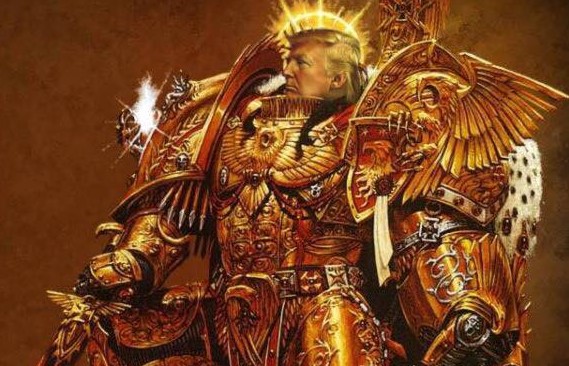After years of financial deregulation accelerating under the Bush administration, banks lent subprime mortgages to more and more home buyers, causing a housing bubble. Many of these banks also invested in credit default swaps and derivatives that were essentially bets on the soundness of these loans. In response to declining housing prices and fears of an impending recession, the Bush administration arranged passage of the Economic Stimulus Act of 2008. Falling home prices started threatening the financial viability of many institutions, leaving Bear Stearns, a prominent U.S.-based investment bank, on the brink of failure in March 2008. Recognizing the growing threat of a financial crisis, Bush allowed Treasury secretary Paulson to arrange for another bank, JPMorgan Chase, to take over most Bear Stearn's assets. Out of concern that Fannie Mae and Freddie Mac might also fail, the Bush administration put both institutions into conservatorship. Shortly afterwards, the administration learned that Lehman Brothers was on the verge of bankruptcy, but the administration ultimately declined to intervene on behalf of Lehman Brothers.




